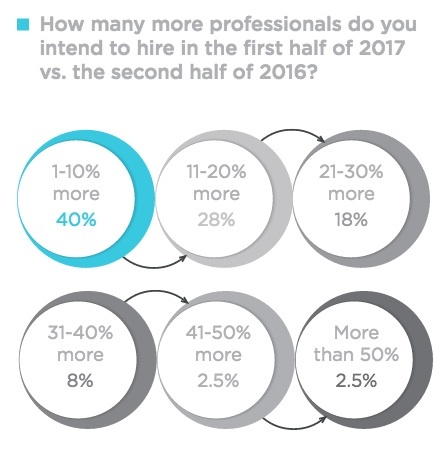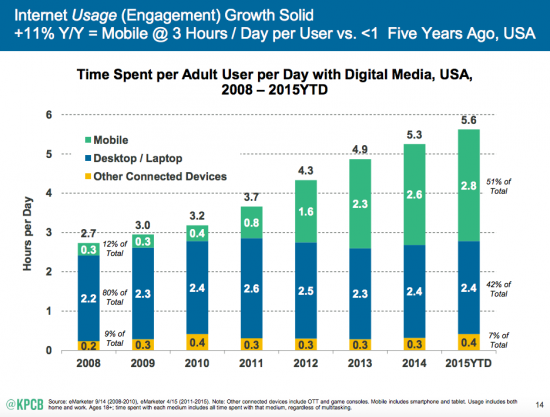Healthcare recruitment directly drives the success of a health system. How? Well, people and the talents that they bring with them are what helps build a successful healthcare brand, which in turn brings in more revenue. Here are three current recruitment trends that will help you plan an effective healthcare recruitment strategy for this year.
Certain Physicians are Bringing in Big Bucks
According to the Becker’s Hospital Review article, Which physicians generate the most revenue for hospitals? primary care physicians, orthopedic surgeons, invasive cardiologists are generating large revenue streams and are great investments. Here are the article’s detailed points on each of these specialists:
“On average, a primary care physician generated about $1.4 million in revenue for his or her affiliated hospital within the last year, compared to $1.6 million generated by a specialist physician.
Orthopedic surgeons topped the list as the physician group that generated the most revenue. A full-time orthopedic surgeon brought in an average of $2.7 million in revenue last year for his or her affiliated hospital.
Invasive cardiologists generated the second-most revenue, with an average of $2.4 million annually, and neurosurgeons followed close behind. General surgeons took the fourth spot on the list, generating nearly $2.2 million annually for their affiliated hospitals.
Primary care physicians presented the best return on investment for hospitals. In 2015, family physicians had an average starting salary of $198,000 at participating hospitals, and generated 7.5 times that amount in hospital revenue. Orthopedic surgeons averaged a starting salary of $497,000 and generated only 5.5 times that amount in revenue.”
Healthcare Recruitment Needs are Increasing this Year
The demand for qualified healthcare personnel is growing and positions are being added accordingly with 40% of the over 350 providers who were surveyed recently by Health e Careers reporting that they will be increasing positions by 1-10% (the other ratios are listed in the graphic below). To that point, the Health e Careers 2017 Healthcare Recruiting Trends Report noted that, “Over the next six months, more than half (50.3%) of healthcare employers and recruiters anticipate hiring more professionals than they did during the last half of 2016. This could mean significant growth in healthcare job opportunities, as recruitment from July to December 2016 was already impressive.”

Healthcare Candidate Expectations are Changing
In all areas candidates are expecting more of an experience from the companies that wish to recruit them and that includes a mobile application process. After all, as Smart Insights noted, “Mobile digital media time in the US is now significantly higher at 51% compared to desktop (42%).” Though those statistics refer to the general population and are now two years old, they are very telling when it comes to recruitment's trajectory.

Most people are mobile these days and they expect to either be able to apply via their mobile device or at least join a talent community so that they can be engaged later. And, after they apply via mobile they expect to be nurtured through a process such as inbound recruitment marketing. Long gone are the days of candidates willingly entering the “black hole” of the applicant tracking system.
--
Trends may change, but the way people choose their careers is fairly constant. If you want to recruit top talent, it’s important to understand that process. If you’d like to learn more, check out our free resource below.











